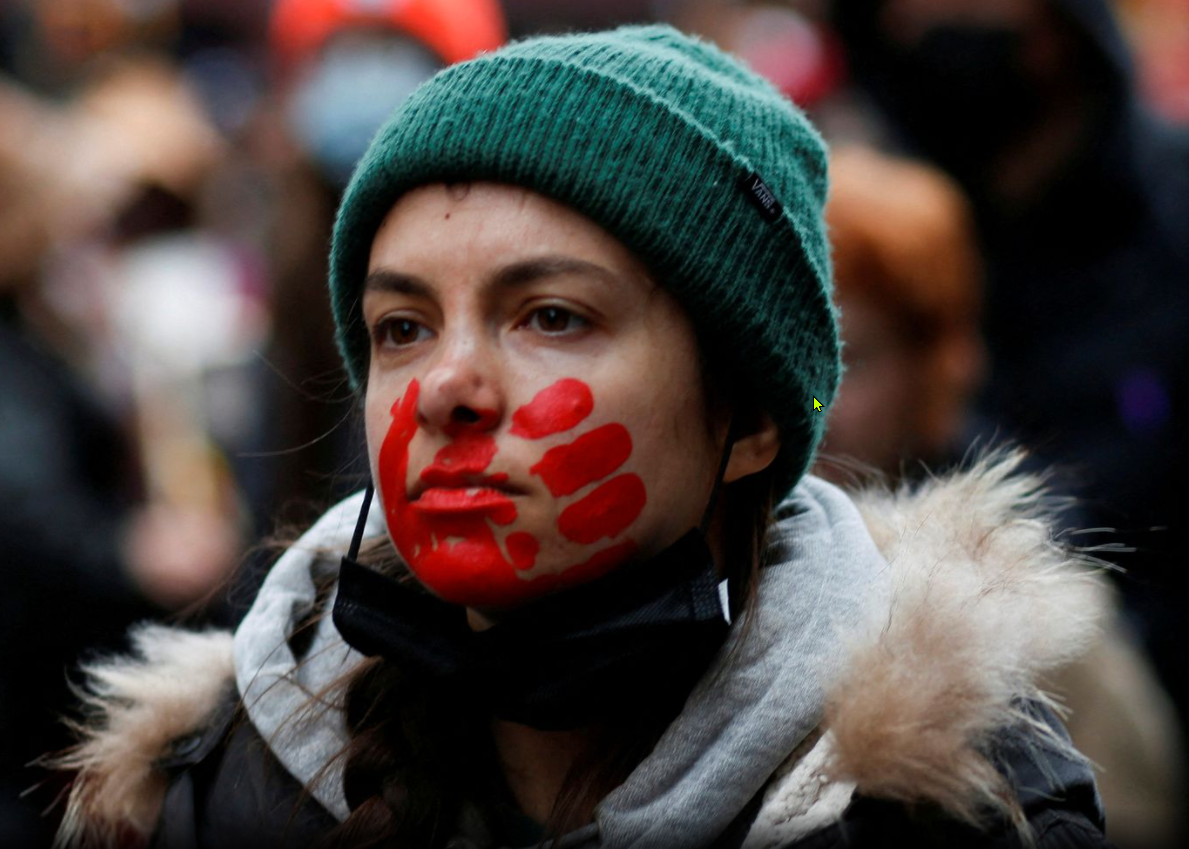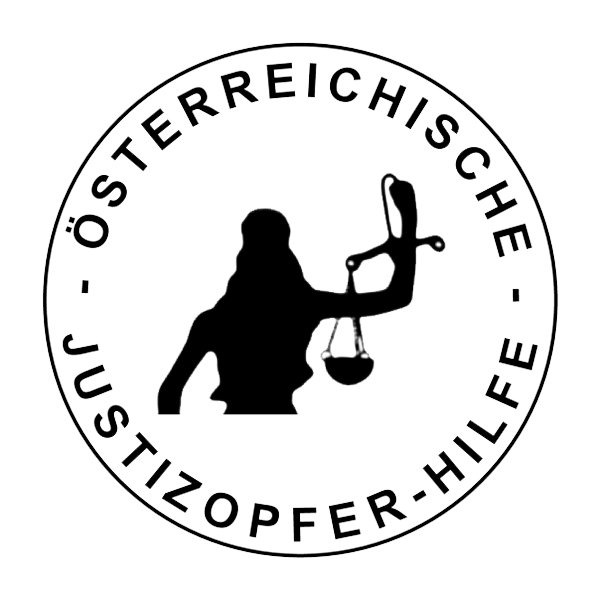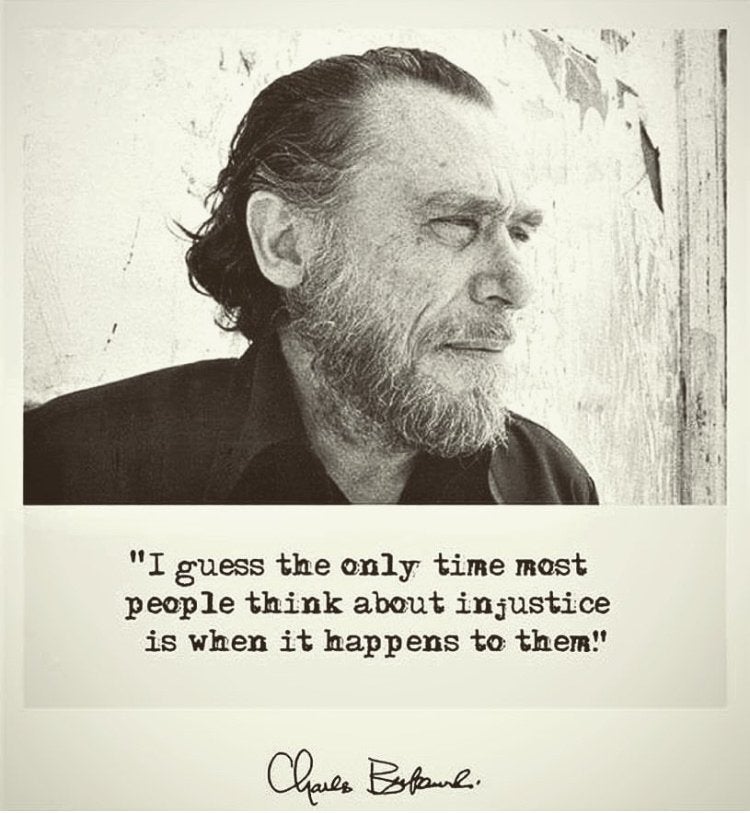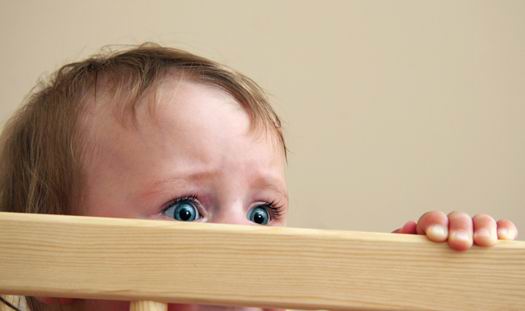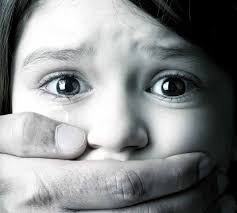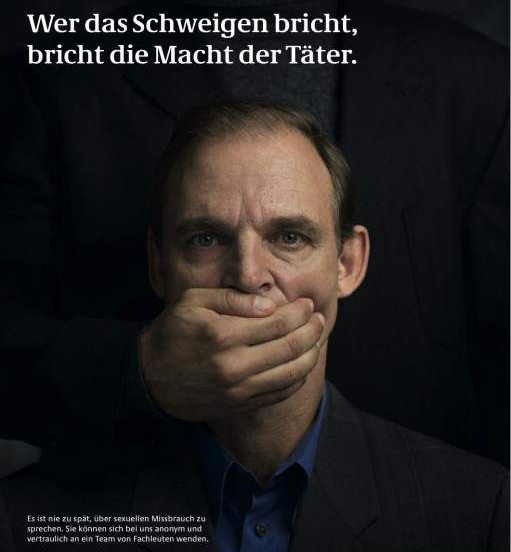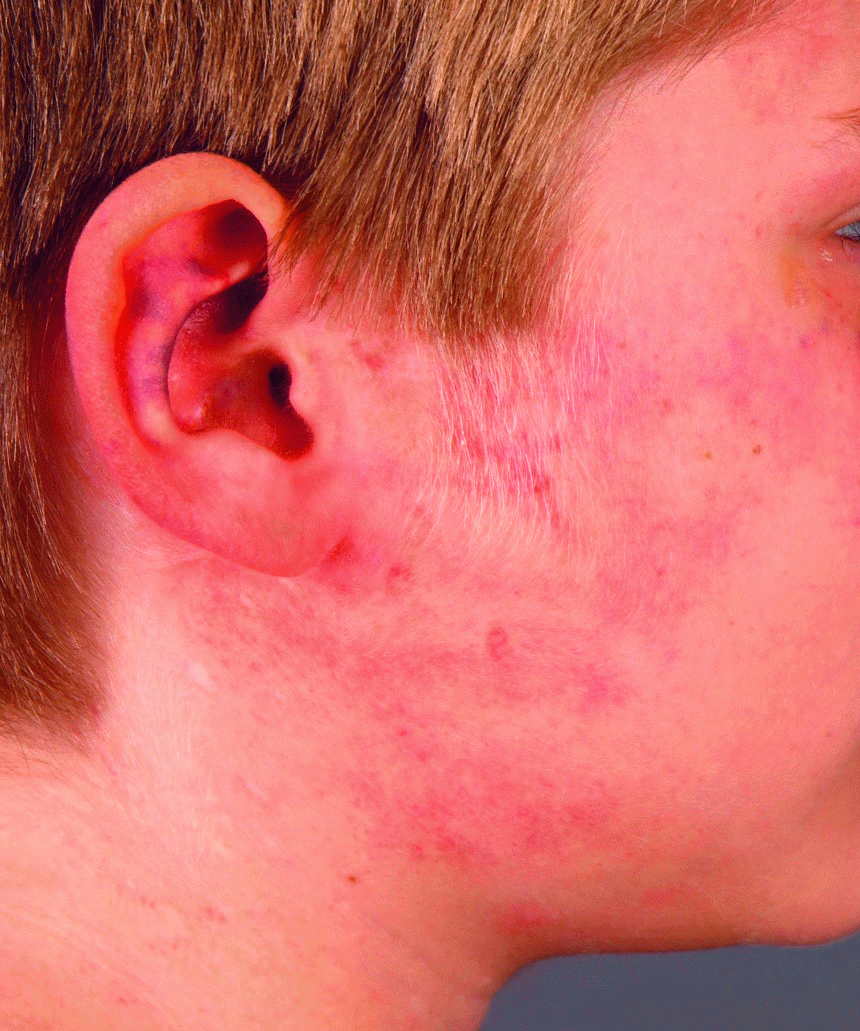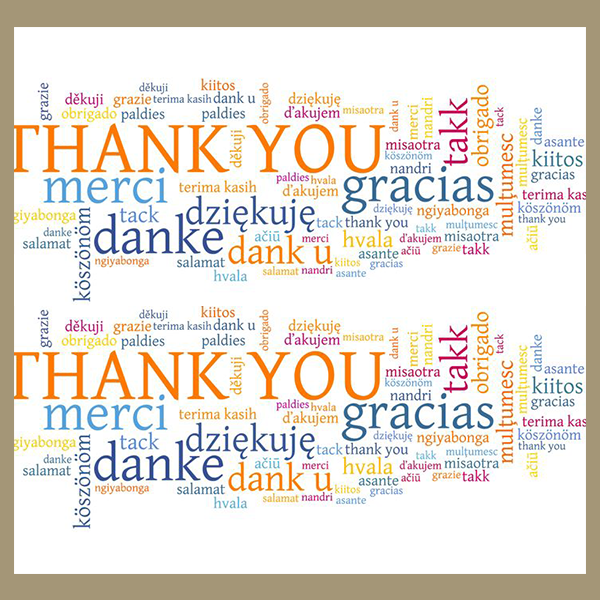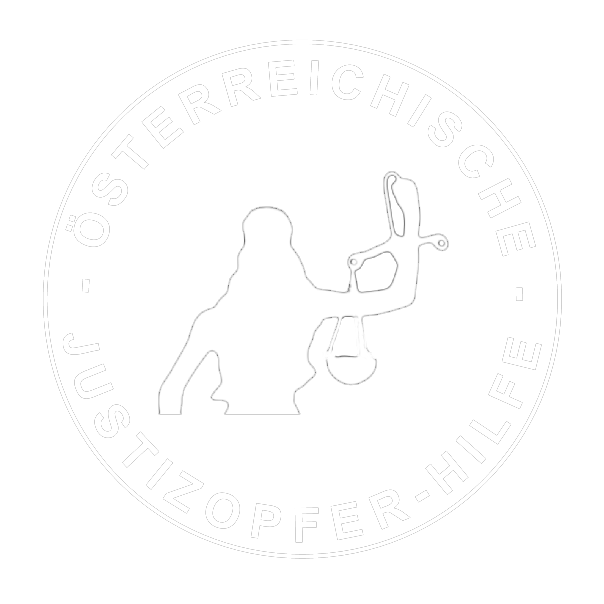United Nations – Human Rights: UN experts denounce child custody decision in Spain, that ignores evidence of sexual abuse
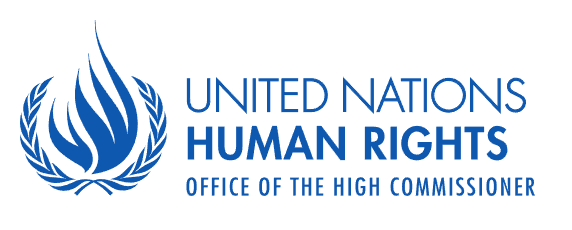
GENEVA (28 February 2022) –
The recent decision by a Spanish court granting custody of a sevenyear-old girl to her father, despite allegations of sexual abuse against him, places the child at grave
risk and appears to be a miscarriage of justice, UN experts* said today.
“We are deeply concerned that this is not an isolated problem, as we continue to receive information on cases in Spain and other countries of mothers losing custody, and sometimes even facing prison, for attempting to protect their children from abusive fathers,” the experts said.
Children in Spain continue to be exposed to risk of violence and sexual abuse by a judicial system that appears to favour male parents in custody cases, even in cases where there is a history of domestic violence or evidence of abuse against children and their mothers.
The experts expressed concern at the case of Diana García M. who recently lost custody of her child after a decision by a court of Pozuelo de Alarcón was confirmed by a higher court in February 2022.
Despite a history of domestic violence and evidence suggesting he had committed sexual abuse against his daughter for years, the appeals court determined that the father did not pose a risk to the child and granted him full custody.
“We call for urgent measures to protect the daughter of Ms. Diana García M. from serious risk of additional harm, and for more comprehensive measures to be adopted to prevent the continued misapplication of the law,” the UN experts said.
The decision by the appeals court in Ms. García’s case contravenes international norms, and the jurisprudence of the Committee on the Elimination of Discrimination Against Women (CEDAW) in the case Ángela González Carreño vs. Spain of 2014, , as well as the resulting sentence of its own
Supreme Tribunal of 2018, the experts noted.
Legislation in Spain prevents granting joint custody in cases of gender-based violence.
“In this case, ignoring the evidence of sexual abuse against the child, and of gender-based violence against the mother, and granting custody to the father is clearly not in the best interest of the child – a core obligation under the UN Convention on the Rights of the Child,” the experts said.
The court also argued that maintaining the custody of the child with the mother would risk further damaging the relationship between daughter and father, as Ms. García would be “inducing in the child the belief that her father is evil”.
“Such reasoning clearly derives from the use of the pseudo theory of parental alienation, despite its application being banned in Spain by a 2021 law”, the experts said.
Parental alienation, while lacking credible scientific support, reflects the belief that when a child fears or avoids a parent, it is due to the other parent’s influence, rather than the child’s own experiences.
UN experts have previously called on Spain’s Government to do more to protect children from domestic violence and sexual abuse, ensure its courts overcome biases against women, and apply a gender-sensitive, child-centered approach.
*The experts:
Reem Alsalem, Special Rapporteur on violence against women, its causes and
consequences; Melissa Upreti (Chair),Dorothy Estrada Tanck (Vice-Chair), Elizabeth Broderick,
Ivana Radačić, and Meskerem Geset Techane, Working Group on discrimination against women
and girls; Tlaleng Mofokeng, Special Rapporteur on the right to physical and mental health; Nils
Melzer, Special Rapporteur on torture and other cruel, inhuman or degrading treatment or
punishment
The experts are part of what is known as the Special Procedures of the Human Rights Council. Special
Procedures, the largest body of independent experts in the UN Human Rights system, is the general
name of the Council’s independent fact-finding and monitoring mechanisms that address either specific
country situations or thematic issues in all parts of the world. Special Procedures experts work on a
voluntary basis; they are not UN staff and do not receive a salary for their work. They are independent
of any government or organisation and serve in their individual capacity.
For further information and media requests, please contact: Renata Preturlan (+41 22 928 92 54/ renata.preturlan@un.org)
Follow news related to the UN’s independent human rights experts on Twitter @UN_SPExperts.
Concerned about the world we live in? Then STAND UP for someone’s rights today.
#Standup4humanrights
and visit the web page at
